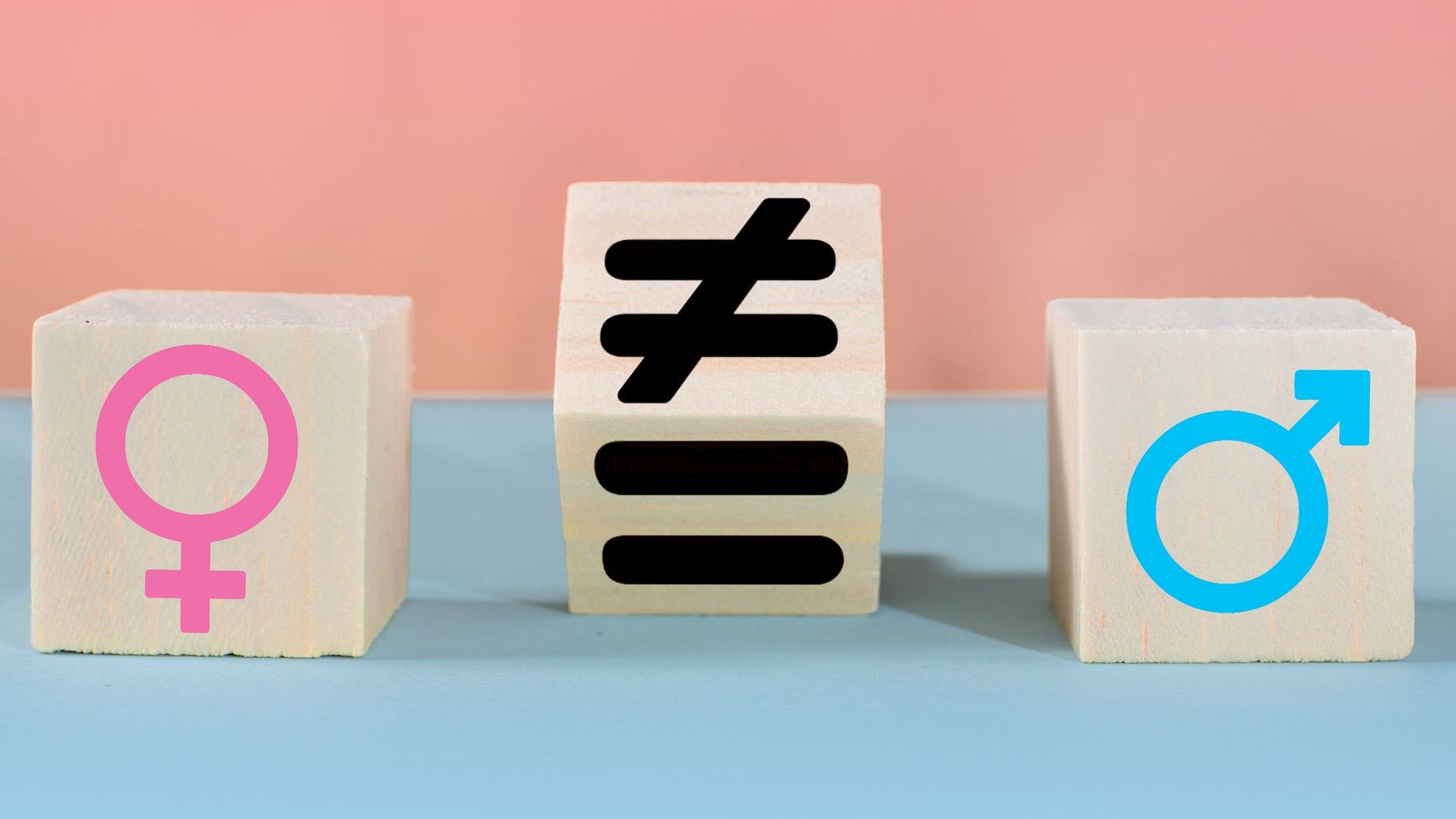Technology around environmental sustainability is growing, and so too is consumer demand for more sustainable and environmentally friendly products. In fact, research conducted in 2020 found that 90 percent of consumers are more likely to purchase ethical and sustainable products. The survey also revealed that 85 percent of consumers want retailers and brands to be more transparent about the sustainability of their products, showing there is a demand for brands themselves to become more ethically sound – not just their products.
This is a trend seemingly impacting FMCG organisations across all categories, from beauty and clothing through to groceries and personal hygiene products, and could be an important incentive for retailers to embark on sustainable initiatives within their own operations and supply chains.
Here are some of the ways FMCG organisations can consider making the move towards more sustainable and ethical ways of working in order to appeal to a greater number of consumers while making a more positive impact on the planet.
Reducing packaging and landfill
Though the conversation around more sustainable packaging alternatives has been making its way into the mainstream for the last few years, growing concern among consumers regarding sustainability and eco-friendly packaging is now a much larger part of their purchasing decisions.
Research from consumer intelligence platform Toluna found that when it comes to shopping sustainably, the most important factors for Australian shoppers are that packaging is recyclable (69 percent), that there are biodegradable elements (55 percent) and that the products themselves are made sustainably and from locally sourced ingredients (54 percent). What’s more, is that rather than decreasing during the pandemic, this number actually increased, most likely due to people’s greater awareness of global issues during this time.
In response to this unwavering demand, a number of consumer brands have made strides towards more sustainable packaging materials over the past year. For example, Nestlé recently earmarked $2.1 billion to support eco-friendly alternatives, and a range of manufacturers are testing packaging that uses upcycled food, recycled materials and other more sustainable options.
Even stalwart FMCG brands are making the switch, including Colgate-Palmolive which, in an Australian-first, has launched a recyclable tube for its Colgate toothpaste and is making its packaging technology available to all competitors.
Ethical production and the “slow” consumption movement
From the late 1990s to the mid-2000s, fast fashion grew to a peak. Consumers were less willing to buy high-end, brand-name designs and instead opted for cheaper retailers. However, as consumers have become more ethically conscious, questions arose about how these organisations were able to profit and there were increased calls for greater transparency.
In 2013, the Rana Plaza in Bangladesh collapsed, killing over a thousand garment workers inside. This building housed clothing factories that produced apparel for brands such Walmart, Just Group and Best & Less, and created a worldwide awareness of the lack of ethical practices occurring within the industry.
Since then, some of the largest names in fast fashion have been seeing losses. Business Insider reported that H&M would be closing 160 stores worldwide after accumulating over $4 billion dollars’ worth of unsold clothing, while fast fashion label Forever 21 filed for bankruptcy after it was reported that it was paying workers as little as $4 an hour.
Research now indicates that ethical employment and ethically sourced materials are important considerations for 32 percent of consumers when purchasing goods.
Plant-based and anti-animal cruelty
Though not new trends, veganism and the “plant-based” movement are continuously growing and showing no sign of slowing down. In fact, in Q1 2016, the sector received $30 million in investment worldwide, but had grown to $1.3 billion just four years later.
Whether it be plant-based dairy and egg alternatives or lab-grown meat and seafood, 2021 is the year this food group will explode in terms of investment and sales. With an increasing number of food manufacturers and even fast food outlets adopting plant-based foods, the alternative meat industry is becoming less and less “alternative” and is moving mainstream.
As well as more consumers choosing vegan food options, there is also a growing number of people looking to purchase vegan and cruelty-free beauty and personal hygiene products. In 2019, the global vegan beauty products market accounted for US$ 14.3 billion. By 2029 it is estimated to reach US$ 25.3 billion, showing phenomenal growth.
This rise in demand for vegan products and those not tested on animals should be a consideration for all FMCG organisations moving forward, with many already taking the plunge and making this a pivotal part of their brand message.
Carbon reduction targets and net zero emissions
The growing problem of carbon emissions and global warming is a growing concern for the Australian population. Findings from The Australia Institute’s annual Climate of the Nation report reported that 81 percent of respondents aged between 18 to 34 are increasingly worried by climate change.
A growing number of FMCG brands are doing their bit to assist in reducing their carbon footprint and are benefitting from doing so. For example, in May 2021 Marley Spoon Australia committed to power their operations entirely by renewables by the end of 2022 after already achieving carbon neutrality at the start of the year.
As climate change and other environmental issues remain front of mind for consumers, those companies that are taking initiative to reduce their carbon footprints will build trust and respect with their consumers.
If you are looking for professional FMCG employees to help enhance your business, contact Bayside Group today and partner with consultants who understand your specific industry requirements.
Workplace Relations
Powered with 💙 by
Shazamme © Copyright 2022 Bayside Group



